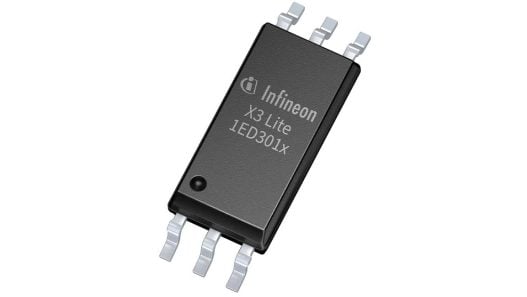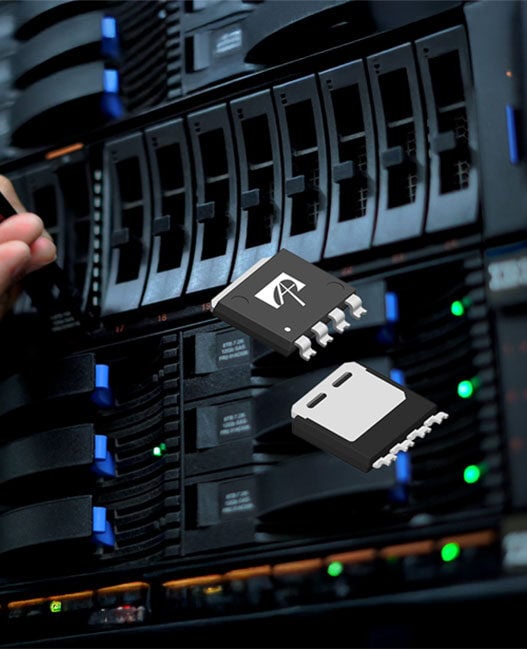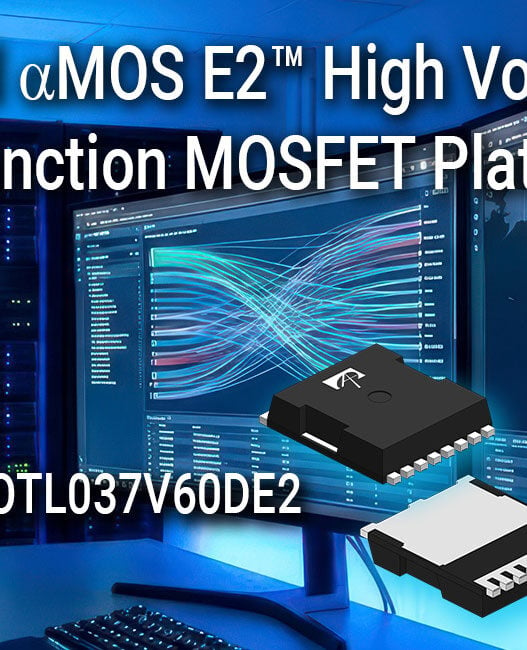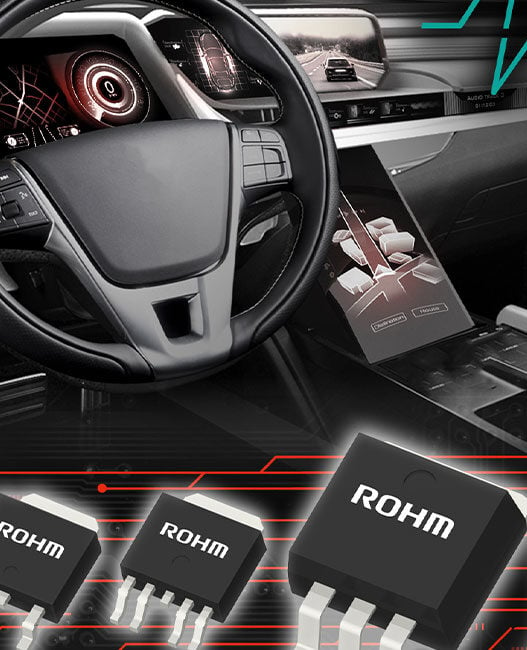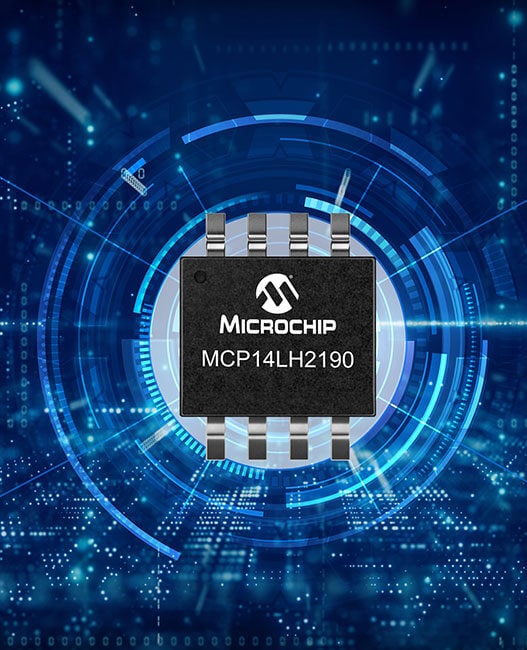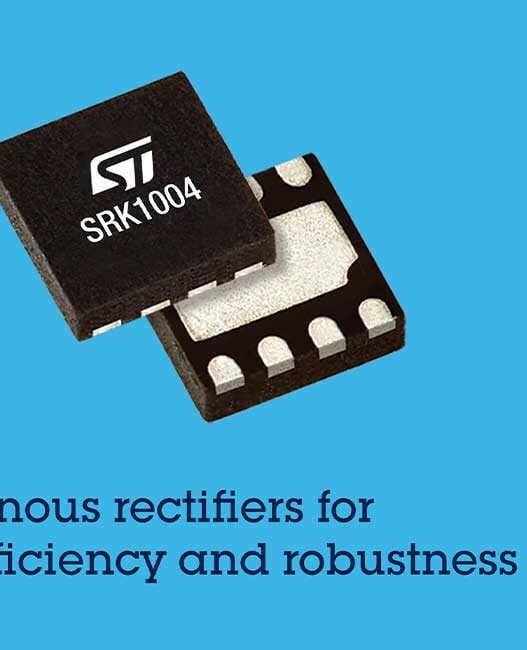Located around 1.5 hours north of Hamburg, the solar park covers an area of approx. 27 hectares and will generate enough green energy to power around 6,000 homes. Klein Rheide is an excellent location for a solar energy park thanks to high solar insolation and constant winds from the North and Baltic seas to cool the panels, as well as its close proximity to potential energy customers.
The ground-mounted PV park in the Schleswig-Flensburg district was constructed in several stages, with the first phase with 10MWp going into operation in March 2015. To replace the originally installed central inverters, Wattmanufactur tested string inverters from four different manufacturers. In addition to the excellent performance and 99.8% efficiency of the M88H inverter, Delta Electronics impressed Wattmanufactur with its collaborative and technically competent approach as a partner.
The first M88H inverters from Delta Electronics were installed at the solar park in 2018 when the PV plant capacity was extended by 7.5 MWp. With the expansion in July 2020, a total of 131 M88H inverters from Delta Electronics are now installed in Kleine Rheide.
Andreas Hoischen, Senior Director at Delta Electronics, said: “String inverters from Delta Electronics are designed to perform well as part of advanced solar system designs. Thanks to their robust construction and active cooling, they deliver maximum yields to the grid year in, year out.”
After the gravel pits in Klein Rheide had been depleted, the landowner was searching for a constructive way to reuse his land. He eventually decided to lease the unused land to allow a solar park to be built. In this way, the owner can generate new revenue while also investing in the energy transition by producing clean solar energy. The owner was also particularly interested in ecological land management practices to increase plant and animal diversity and create precious habitats for insects and birds.
Therefore the special aspect of the PV park is not only the sustainable use of a former gravel mining site, but also its ecological design.
Even at the planning stage, an extensive catalogue of measures was prepared to integrate the agricultural use of the land with enhanced ecological conditions in an approach known as sustainable land management (SLM). One example of such measures is sowing 500kg of wild flower seeds each year to provide a source of food for wild bees and other native insect species. Natural wetlands also provide a safe habitat for amphibians, while secure corridors allows wildlife to move safely through the solar park at various points. Successfully inhabited bird houses as well as shelters for bees and bats provide safe habitats.
Furthermore, special conservation management promotes insect and bird diversity in the area. Wattmanufactur decided for a pasture management with sheep to graze the land to ensure sustainable use of the grassland. A study by the German Association of Energy Market Innovators (BNE) named ‘Gains for biodiversity in photovoltaic solar parks’ (only available in German) has proved that this ecological symbiosis is successful.







